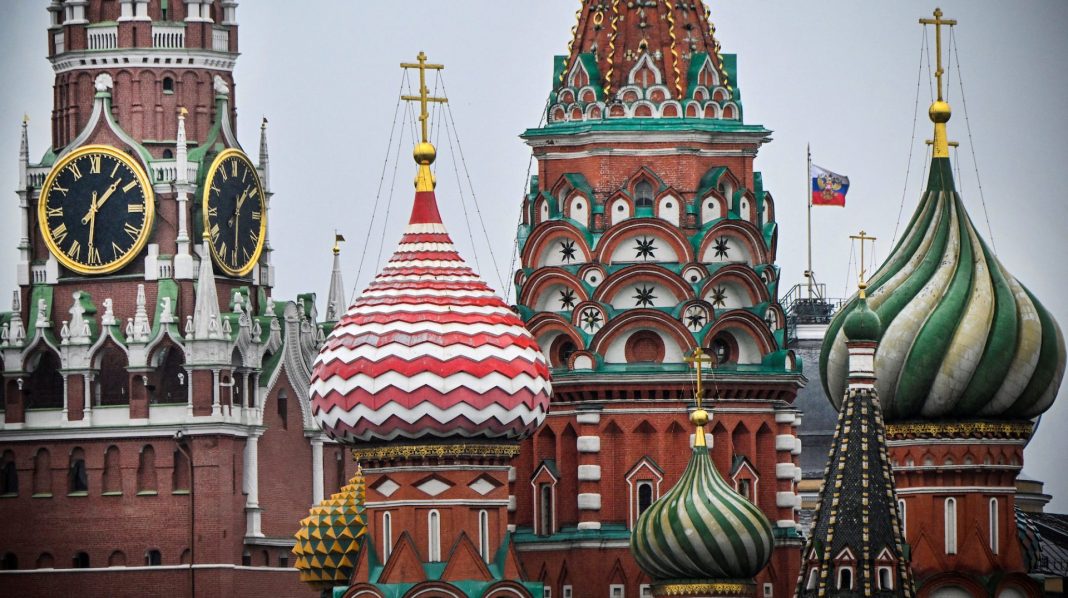Borrell said that he sees “more confrontation and less cooperation” in world affairs, and brought up instances of dissent among EU members. When it comes to Russian President Vladimir Putin and the conflict in Ukraine, some countries are failing to fall in line with Brussels, he added.
“Today, Putin is an existential threat to all of us. If Putin succeeds in Ukraine, he will not stop there,” Borrell stated, adding that Russia’s victory would undermine the security of Europe. However, “not everybody in the European Union shares this assessment”, he stressed.
“Some European Council’s members say: “Well, no, Russia is not an existential threat. At least not for me. I consider Russia a good friend,’” Borrell continued, without calling out specific counties.
“In a union governed by unanimity, our policies on Russia are always threatened by a single veto – one is enough.”
The EU imposed multiple rounds of sanctions on Moscow after Russia launched its military operation in Ukraine in February 2022. However, Prime Ministers Viktor Orban of Hungary and Robert Fico of Slovakia have refused to send weapons to Ukraine and stressed that the conflict should be resolved through negotiations.
Hungary blocked the EU’s $54 billion Ukraine aid package for months until Orban lifted the veto in February 2024.
Earlier this week, French President Emmanuel Macron once again refused to rule out sending NATO troops to Ukraine, arguing that “the survival of the continent” is at stake. His remarks were heavily criticized by Hungarian Foreign Minister Peter Szijjarto, who said that NATO boots on the ground in Ukraine could spark a all-out global war.
Moscow, meanwhile, blasted Macron for the continuation of dangerous “verbal escalation” that could lead to the conflict spiraling out of control.
